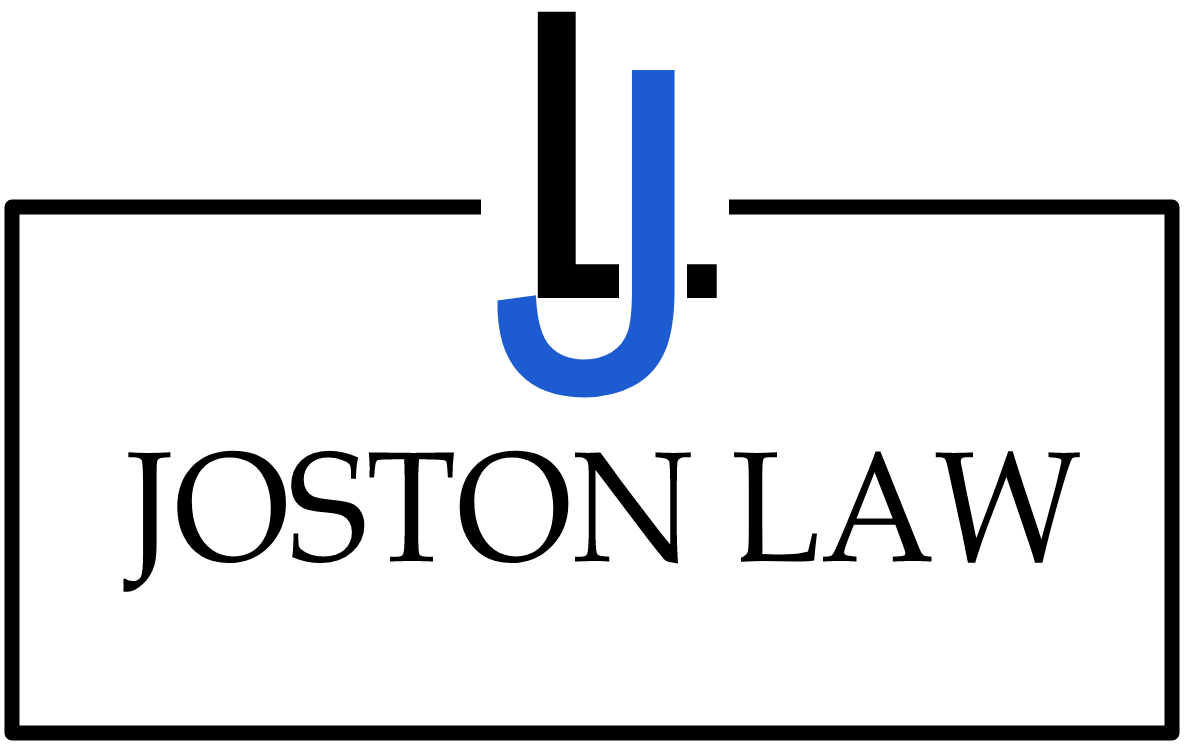If you believe you have experienced discrimination or harassment, our paralegals can help you file an application with the Human Rights Tribunal of Ontario (HRTO). The HRTO resolves claims of discrimination and harassment brought under the Human Rights Code. Decisions are made by adjudicators called vice-chairs or members. HRTO adjudicators have experience, knowledge and training in human rights law and issues.
Parties will first be offered the opportunity to settle the dispute through mediation. If the parties do not agree to mediation, or mediation does not resolve the application, the HRTO holds a hearing. Our representatives will take your hand and guide you through the emotional process of your case until it's resolved.
What is the Human Rights Code?
The Human Rights Code is a law that protects people in Ontario from discrimination and harassment in five areas:
- Employment
- Accommodation (housing)
- Goods, services, and facilities
- Contracts
- Membership in trade and vocational associations
The Code prohibits discrimination and harassment on any of the following grounds:
- Race
- Colour
- Ancestry
- Place of origin
- Citizenship
- Ethnic origin
- Disability
- Creed
- Sex, including sexual harassment and pregnancy
- Sexual orientation
- Gender identity
- Gender expression
- Family status
- Marital status
- Age
- Receipt of public assistance (Applies only to claims about housing.)
- Record of offences (Applies only to claims about employment and to criminal convictions for which you have received a pardon.)
Harassment is a form of discrimination. The Code defines harassment as “a course of vexatious comment or conduct that is known, or ought reasonably to be known, to be unwelcome”. It includes offensive comments or actions directed at you that are related to one or more of the Code grounds.
The Code also prohibits:
- Discrimination against a person because he or she has a relationship, association or dealing with someone who is identified by one of the grounds listed above.
- Reprisal (a legal term that means punishment or retaliation) or threats of reprisal, because a person has either claimed their rights, refused to discriminate against someone else or was a participant in a human rights proceeding.
- Sexual solicitation or advances by a person who is in a position to give or deny a benefit.
- Reprisal or threats of reprisal for rejecting a sexual solicitation or advance.

